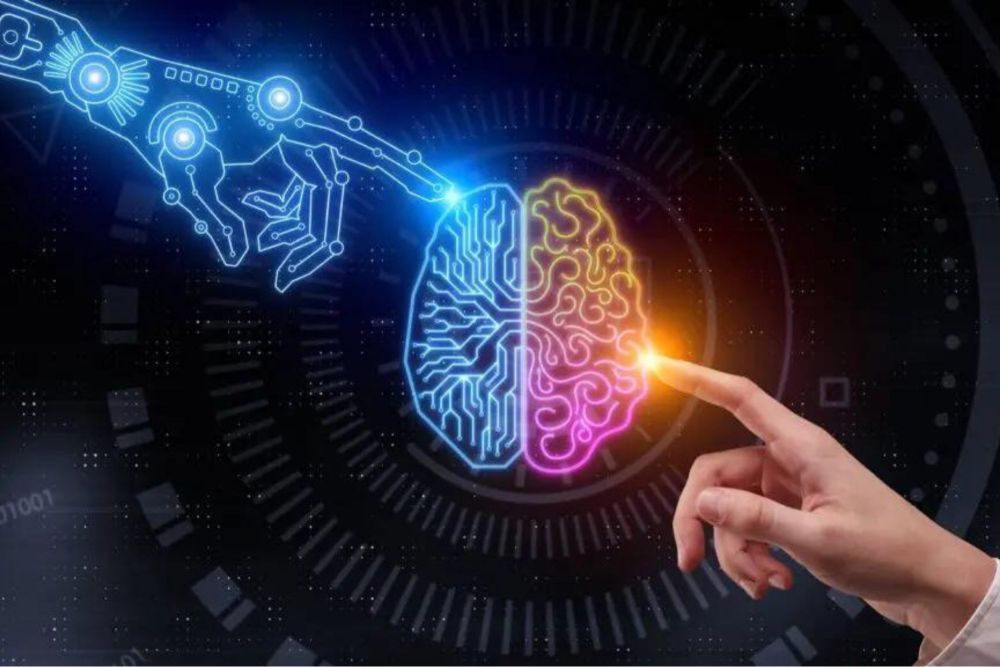Europe achieved a preliminary agreement on ground breaking European Union regulations overseeing the use of artificial intelligence (AI). The regulations encompass governments’ utilization of AI in biometric surveillance, as well as the governance of AI systems, including entities like ChatGPT.

Negotiators from the European Parliament and the EU’s 27 member states navigated significant differences, particularly on contentious issues such as generative AI and police deployment of face recognition surveillance. They successfully reached a tentative political agreement known as the Artificial Intelligence Act.
European Commissioner Thierry Breton celebrated the accomplishment, tweeting, “Deal! The EU becomes the very first continent to set clear rules for the use of AI.” The resolution followed extensive closed-door discussions, spanning 22 hours in the initial session and continuing with a second round starting on Friday morning.
During a press conference, Thierry Breton emphasized Europe’s pioneering role, recognizing the continent’s significance as a global standard setter. He declared it a historic day for the region.
Despite the political victory, civil society groups offered a reserved reception, awaiting technical details that still need clarification in the weeks to come. Some critics argue that the agreement falls short in adequately safeguarding individuals from potential harm caused by AI systems.

Daniel Friedlaender, head of the European office of the Computer and Communications Industry Association, a tech industry lobby group, remarked, “Today’s political deal marks the beginning of important and necessary technical work on crucial details of the AI Act, which are still missing.”
Having unveiled the initial draft of its rulebook in 2021, the EU took an early lead in establishing AI regulations globally. However, the surge in generative AI prompted European officials to revise the proposal swiftly, given its potential to serve as a model for the rest of the world.

While the European Parliament still needs to vote on the act in early 2023, the completion of the agreement has made it a formality, according to Brando Benifei, an Italian lawmaker co-leading the body’s negotiating efforts.
